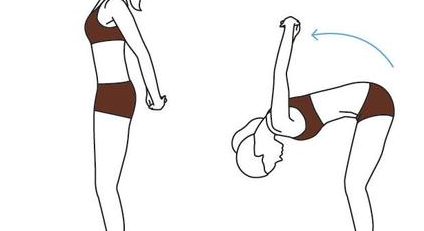5 Habits that will INCREASE your weight
TV Watching
Prolonged TV watching is a strong predictor for obesity. Recent research has proved that people who watch around two hours of TV per day are much more likely to be overweight than those who watched only half an hour per day. When you watch TV you are virtually motionless. Your heart rate, blood pressure and metabolic rate decline, resulting in burning 20 to 30 calories less per hour. Research by Harvard University has shown that there is a link between the amount children eat and the amount of television they watch.
Eating Too Fast
It is a habit of most people living in a fast paced society. Eating fast lets you eat too much before you are fully aware of it. It takes the brain about 15-20 minutes to start signaling feelings of fullness. Scientists suppose that fast eating is a risk factor for the metabolic syndrome, a combination of the symptoms such as high blood pressure, obesity, and insulin resistance.
Task Snacking
Task snacking refers to eating while doing other activities. If you often eat snacks while working by yourself in front of your computer, while driving, watching TV, or standing at the kitchen counter, shopping with a friend, or talking on the phone, it’s likely that the “task snacking” eating style is increasing your odds of becoming overweight or obese.
Passion for Fast Food
One of the big reasons we’re seeing more obesity in our society these days is that we are too stressed and busy to make healthy dinners at home, often opting to get fast food at the nearest drive-thru instead. Fast foods compromise the quality of the meal by replacing more healthy choices. They are known for having a high content of saturated and trans-fat, lack of fiber, and massive portion sizes, which leads to obesity.
Eating To Manage Feelings
Emotional eating is the practice of consuming large quantities of food (usually “comfort” or “junk”) in response to feelings (such as depression, anxiety, or loneliness) instead of hunger.
Experts estimate that 75% of overeating is caused by emotions. How many times have you found yourself scouring the kitchen for a snack, or absently munching on junk food when you’re stressed, but not really hungry?







